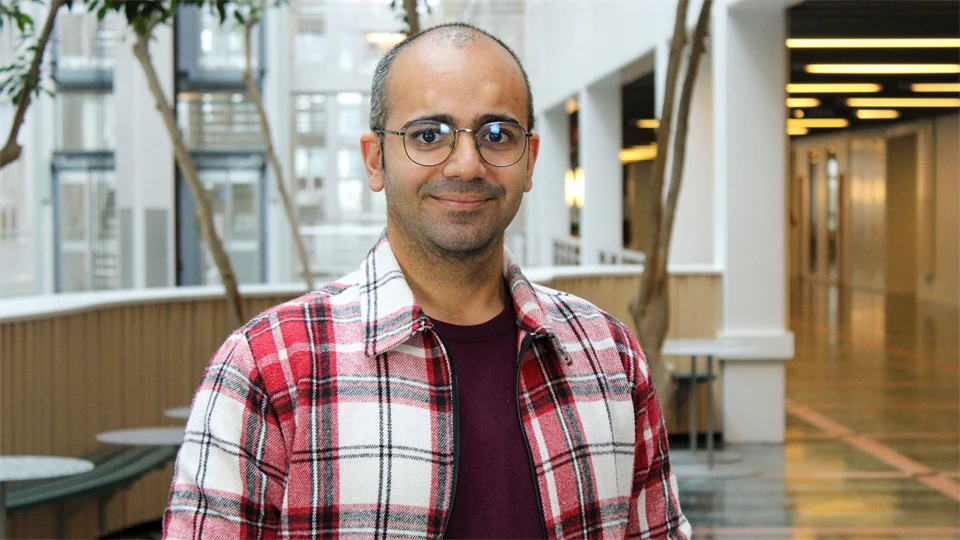Mehdi Haghshenas new Postdoc at STC
Mehdi Haghshenas is a new Postdoctoral researcher at STC. He will be part of prof. Mikael Gidlunds research group, concentrating on integrated sensing and communication. His research will focus on exploring the advantages of reconfigurable intelligent surfaces in positioning and sensing.
What is your background?
I completed my Master of Science in telecommunication at Politecnico di Milano, the largest university in Italy on technology, architecture and design. For my master thesis research, I developed an algorithm to enhance the coexistence between Wi-Fi and 5G in unlicensed bands while working at a company. Additionally, I graduated with honors.
Following my Master's degree, I pursued a Ph.D. in Information Technology at Politecnico di Milano. My research focused on signal processing and estimation theory, with a particular emphasis on channel estimation in the presence of passive reconfigurable intelligent surfaces.
How come you choose Mid Sweden University and Sweden for your Post Doc?
During my Ph.D. studies, I visited KTH in Stockholm and fell in love with Sweden. Later, a friend in Stockholm informed me about the position at Mid Sweden University, and I decided to apply. I was accepted for the position even before completing my thesis. This is my first time living in a smaller city, and I am excited about the opportunity to experience it.
What does your research focus on?
My research focuses on reconfigurable intelligent surfaces and their potential to enhance communication systems. These surfaces act like metal sheets that direct signals to blind spots, thereby improving cell coverage. For optimal functionality, it is crucial to have accurate knowledge of the channel. My work primarily involves channel estimation and user positioning in environments where these surfaces are deployed. Additionally, I aim to explore the potential of these surfaces in aiding the sensing of the surrounding environment.
How can your research contribute to society and the industry?
Positioning and sensing are vital in various scenarios. For example, in autonomous vehicles, understanding the surroundings is crucial for ensuring the safety of both passengers and pedestrians. Guidance systems also rely on accurate knowledge of the environment, such as the positions of nearby objects. In industrial settings, it is important to track and locate workers, alerting them if they approach hazardous zones or machinery. Additionally, in the aftermath of a catastrophic event, it is essential to quickly locate endangered individuals to provide them with necessary medical assistance. For instance, drones can be used to search for and locate those in need.
Therefore, it is important to develop robust and accurate algorithms for localization and sensing

